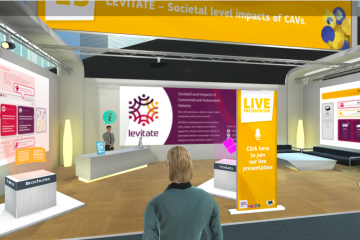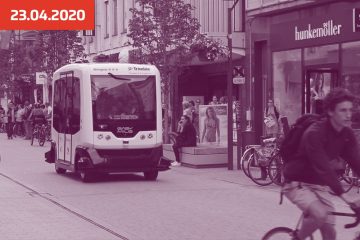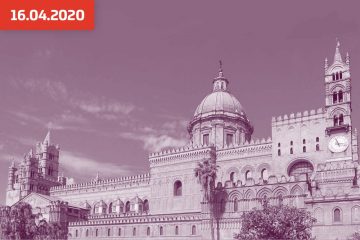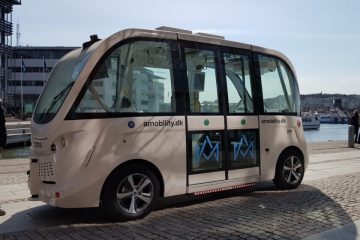The online science exhibition will take place online between 22 and 24 September 2020 and is part of the European Research & Innovation Days.
This year, the event will be open to schools and public from all over Europe through a dedicated online platform, where they will be able to meet and talk to researchers, ask them questions, perform their own scientific experiments, play games and watch an array of online activities in different languages. Particpants can discover the microbes that make our food tastier, take an underwater voyage to experience our cultural heritage, uncover a method to turn waste into wonderful materials and artworks – and many more scientific marvels that have a direct impact on our everyday lives. The flagship event may even inspire visitors – young and old alike – to embark on an exciting, fulfilling career in science!
The event will shine a spotlight on 40 research projects funded by the European Union that impact citizens’ lives and. These projects address the development of solutions to the COVID-19 crisis and its aftermath, as well as the priorities that are at the core of both European and Global recovery efforts – such as the European Green Deal.
LEVITATE is happy to be one of the 40 selected projects. Anna Craciun (Transport for Greater Manchester) and Martin Zach (Austrian Institute of Technology) will give a presentation during the virtual event to explain the importance and usefulness of the project’s final product on local levels.
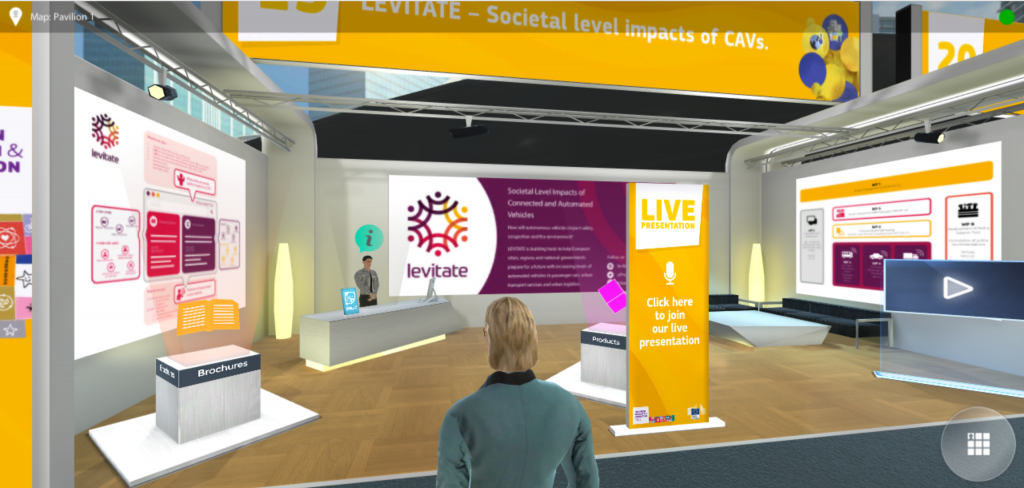
How to register
Schools, citizens and stakeholders can participate in the event for free. Once registered you will be able to access the virtual event by logging in on the website.
Register now »
Further details about the event platform and the programme of activities will be made available in the next days.
About EU R&I days
The EU R&I days brings together world leaders to debate and shape the future of research and innovation. This Research and Innovation days take place in a crucial year. The event follows an unprecedented global crisis. It also takes place just ahead of the launch of Horizon Europe – starting its next research and innovation programme in 2021 – and an enhanced European Research Area. The EU R&I days therefore will provide a unique chance to discuss how research and innovation will benefit the future of Europe and beyond.


